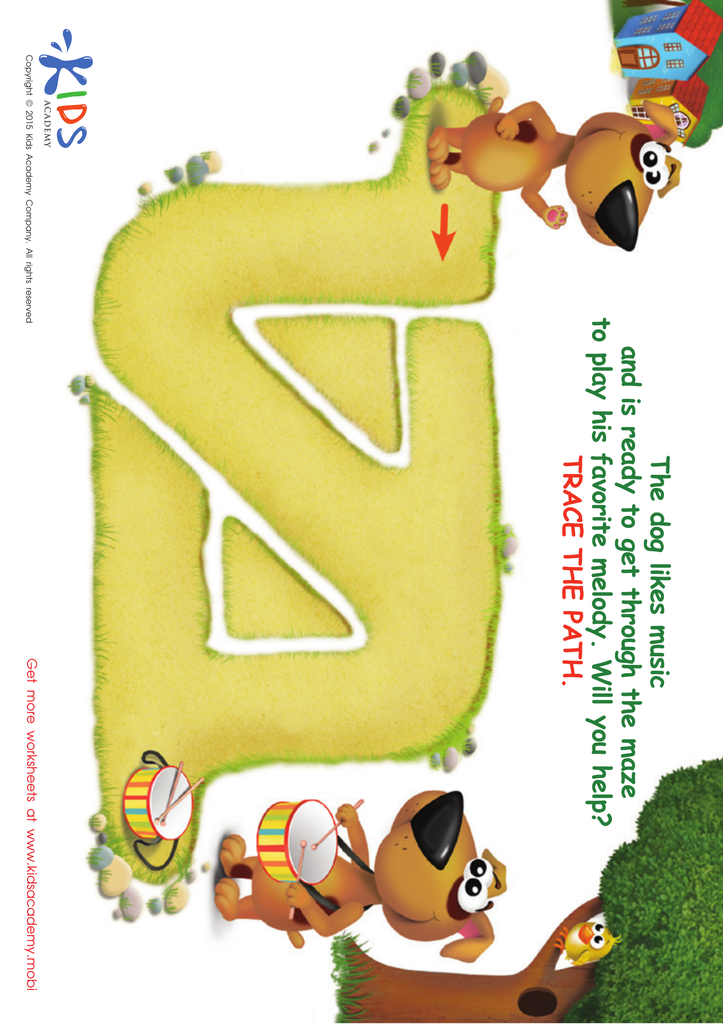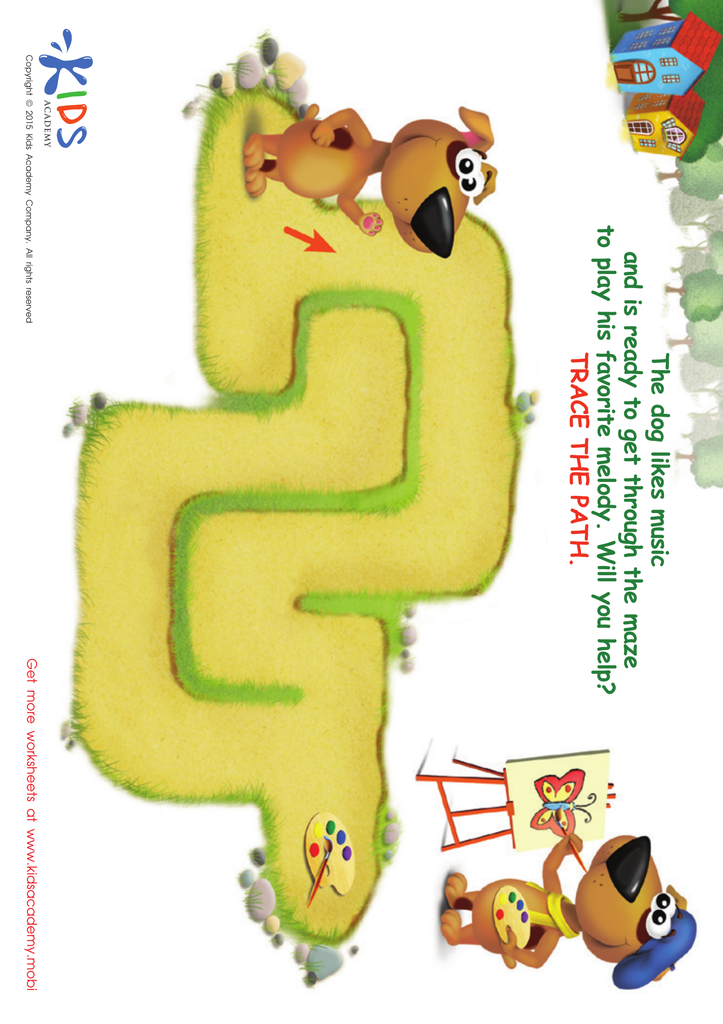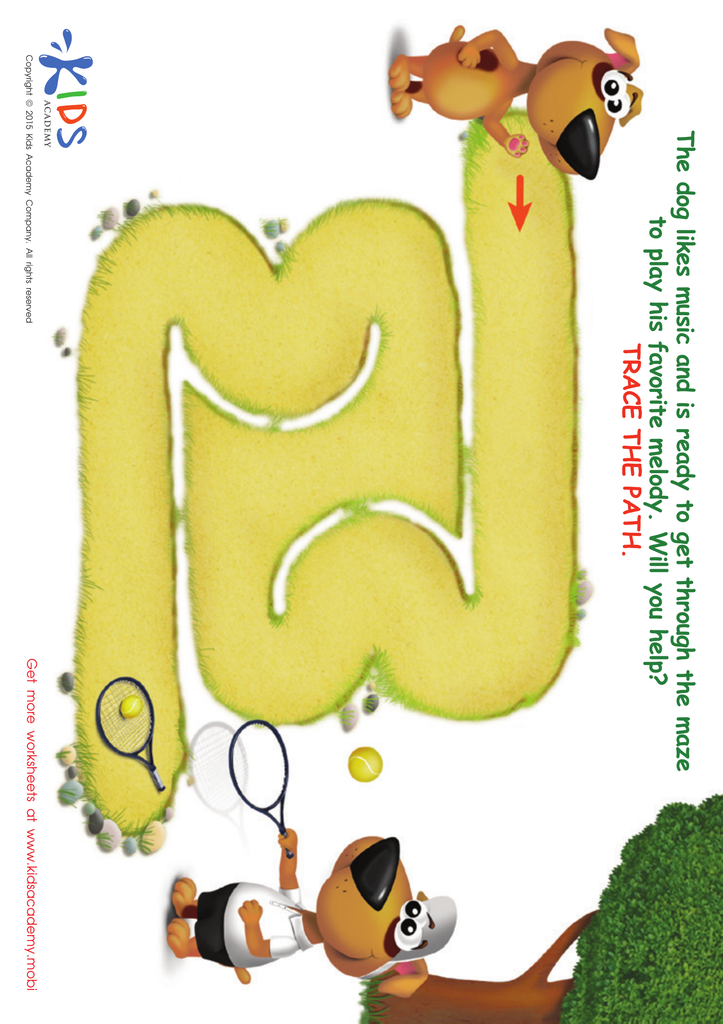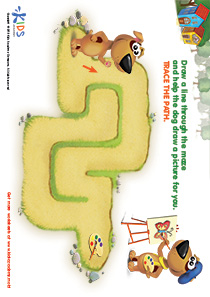Following instructions Logic and Early Math Worksheets for Ages 4-8
5 filtered results
-
From - To
Our "Following Instructions Logic and Early Math Worksheets for Ages 4-8" are meticulously designed to enhance young learners' logical thinking and foundational math skills. Each worksheet encourages children to follow step-by-step directions, boosting their ability to understand and execute tasks precisely. Tailored for ages 4-8, these fun and engaging activities range from simple counting and pattern recognition to more complex problem-solving exercises. By integrating clear instructions with vibrant graphics, our worksheets make learning enjoyable while fostering critical thinking and early math competence. Equip your child with the skills they need for academic success through our interactive and educational resources.


Drummer Maze Worksheet


Basketball Player Maze Worksheet


Artist Maze Worksheet


Tennis Player Maze Worksheet


Cook Maze Worksheet
Following instructions, logic, and early math are foundational skills that significantly impact a child's future learning and overall development. For children ages 4-8, fostering these abilities can set the stage for academic success and practical life skills.
Following instructions helps children learn discipline, focus, and the ability to complete tasks efficiently. It teaches patience, listening skills, and the importance of understanding and adhering to rules. These skills are critical for both classroom behavior and daily routines, enabling kids to navigate structured environments successfully.
Logic, on the other hand, aids in developing critical thinking and problem-solving abilities. Introducing logic at a young age empowers children to make connections, reason systematically, and approach challenges with confidence. Logical thinking underpins subjects like science and reading comprehension, enhancing their ability to grasp complex concepts.
Early math establishes a robust foundation for numeracy skills that are crucial in everyday life and future academic pursuits. Basic math concepts such as counting, pattern recognition, and simple arithmetic promote cognitive development and lay the groundwork for advanced mathematical learning.
In sum, caring about these skills ensures children are better prepared for their educational journey and equipped with vital tools for life-long learning and problem-solving. Investing in these areas contributes to a child's well-rounded development, setting them up for success both inside and outside of the classroom.

















